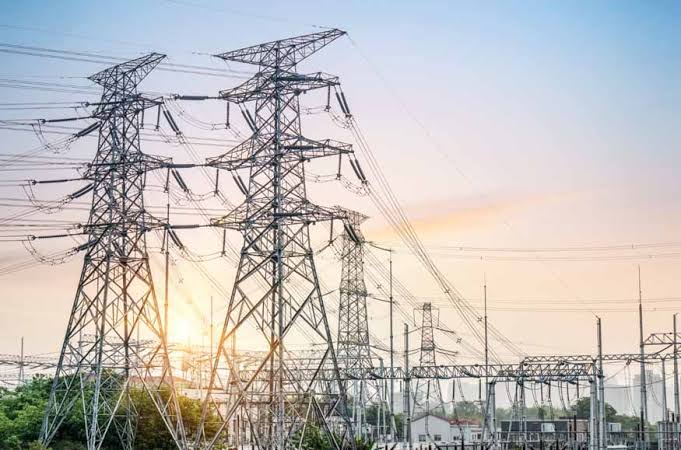The Nigerian Electricity Regulatory Commission (NERC) has revealed a significant decrease in the country’s electricity subsidy obligation, with a 40% drop to N253.24 billion in the second quarter (Q2) of 2024, compared to N633.3 billion in Q1.
This reduction was attributed to the government’s policy directive to implement tariff reviews for Band A customers, while maintaining frozen rates for Band B-E customers since December 2022.
According to NERC’s quarterly report, “It is important to note that due to the absence of cost-reflective tariffs across all DisCos, the Government incurred a subsidy obligation of ₦380.06 billion (52.51% of total NBET invoice) in 2024/Q2 (average of ₦126.69 billion per month.”
The report further explained that “Between 2024/Q1 and 2024/Q2, the subsidy obligation of the government reduced by – ₦253.24 billion, from ₦633.30 billion (90.57% of total GenCo invoice) to ₦380.06 billion (52.51% of total GenCo invoice.”
NERC attributed the decrease to the government’s policy directive, stating that “The significant decrease in the subsidy obligation of the FGN is a result of the policy directive of the Government to implement reviews of tariffs charged to Band A customers while the tariffs for Band B-E customers remain frozen at the rates payable since December 2022.”
READ ALSO:Amaechi’s call for anarchy, irresponsible, unpatriotic—APC
The federal government incurred an electricity subsidy obligation of N380 billion in Q2 2024, accounting for 52.51% of the total Nigerian Bulk Electricity Trading (NBET) invoice.
This subsidy is a result of the absence of cost-reflective tariffs across all Distribution Companies (DisCos), with the government covering the gap between the cost-reflective and allowed tariff.
NERC explained that the subsidy is applied solely to the generation cost payable by DisCos to NBET, in the form of a DisCo’s Remittance Obligation (DRO). This move aims to ease administrative burdens.
The decrease in subsidy obligation is a welcome development, indicating progress in the government’s efforts to optimize the electricity sector. As the regulatory body, NERC continues to monitor and report on the industry’s performance, providing valuable insights into Nigeria’s electricity landscape.

